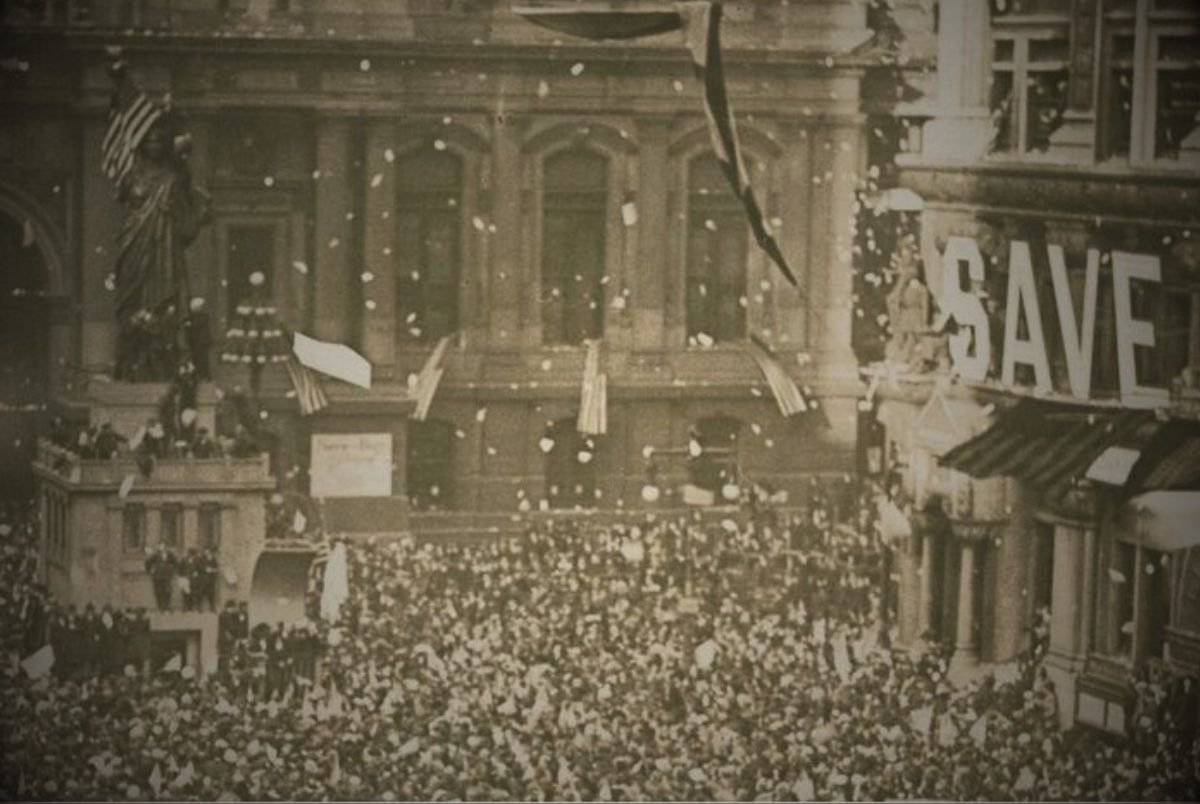Now Reading: November 11: America’s inaugural Day of Remembrance
-
01
November 11: America’s inaugural Day of Remembrance
November 11: America’s inaugural Day of Remembrance

Article Summary
More significantly, Wilson framed the end of the war as a hopeful beginning for America’s role in global affairs. He envisioned the victory as an opportunity for the United States to advocate for peace and justice among nations, planting the seeds of what would eventually grow into a more expansive recognition of military service in American history. This was not merely a time to celebrate victory; it was a moment to reflect on the responsibilities that peace entails.
Initially, Armistice Day was exclusive to honoring those who served in World War I. However, the scope of the observance expanded over the decades, particularly in light of subsequent conflicts. By 1938, November 11 was officially designated as a federal holiday dedicated to peace and remembrance. The recognition of military service continued to evolve, and following the significant military engagements of the mid-20th century, the day transformed into Veterans Day, a time to honor all American veterans, reflecting a broader appreciation for military personnel’s sacrifices and contributions throughout history.
In summary, the significance of November 11 transcended its origins as Armistice Day. It became a day of national remembrance, linking past sacrifices to the ongoing commitment to honor and support those who have served in the military. Through this evolution, the day has established itself as an important occasion for expressing gratitude and reflection on the nature of service and sacrifice in pursuit of peace.













